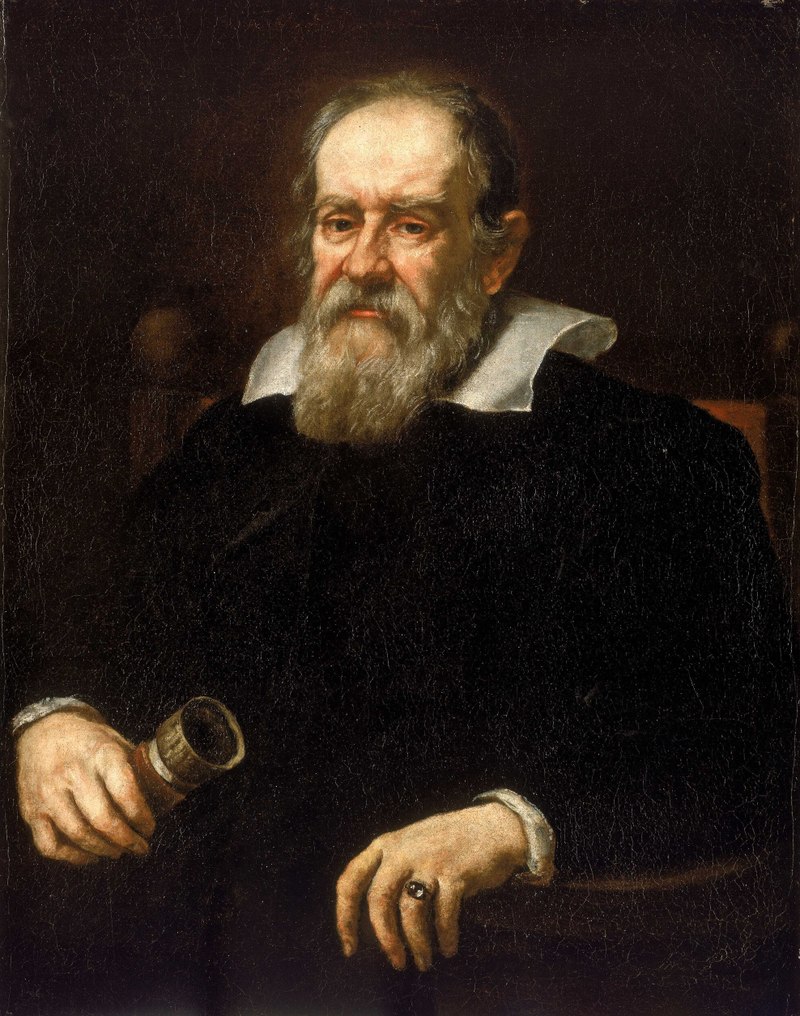Attempt To Tackle Censorship in Science Begins Well, Falls Flat
Scientists, we are told, censor “for the greater good.” Well yes, but ALL censors say that. Has anyone ever censored explicitly “for the greater harm”?A just-published open-access paper on censorship in science has an fairly readable abstract so let me quote most of it:
… Popular narratives suggest that scientific censorship is driven by authoritarian officials with dark motives, such as dogmatism and intolerance. Our analysis suggests that scientific censorship is often driven by scientists, who are primarily motivated by self-protection, benevolence toward peer scholars, and prosocial concerns for the well-being of human social groups. This perspective helps explain both recent findings on scientific censorship and recent changes to scientific institutions, such as the use of harm-based criteria to evaluate research. We discuss unknowns surrounding the consequences of censorship and provide recommendations for improving transparency and accountability in scientific decision-making to enable the exploration of these unknowns. The benefits of censorship may sometimes outweigh costs. However, until costs and benefits are examined empirically, scholars on opposing sides of ongoing debates are left to quarrel based on competing values, assumptions, and intuitions.
Clark, C.J., et al. (2023). Prosocial motives underlie scientific censorship by scientists: A perspective and research agenda. Proceedings of the National Academy of Sciences of the United States of America, 120 48, e2301642120.
The authors tell us that scientists engage in censorship for “pro-social” reasons — what they believe to be the greater good. Of course, all censors everywhere say that. How often do we hear censors say they do it “for the greater harm”?
A couple of notes on the paper…

Happily, the authors get right some elements of the history of censorship and persecution in science. For example, it was primarily fellow professors who promoted the persecution of Galileo (1564–1642), not ignorant clerics or lay people. That makes sense. The professors had far more at stake than most people did. And, in a science-driven society like ours today, “Higher stakes may create stronger incentives for censorship, especially when findings are perceived by some as potentially harmful.”
Indeed, the authors offer a reason why censorship will likely increase:
Surveys of US, UK, and Canadian academics have documented support for censorship (98). From 9 to 25% of academics and 43% of PhD students supported dismissal campaigns for scholars who report controversial findings, suggesting that dismissal campaigns may increase as current PhDs replace existing faculty. Many academics report willingness to discriminate against conservatives in hiring, promotions, grants, and publications, with the result that right-leaning academics self-censor more than left-leaning ones.
A perspective and research agenda.
Who censors most?
Some of the survey respondents would have been quite at home with the profs who persecuted Galileo — not that they would recognize themselves, of course, because Galileo’s view is now the Approved one:
A minority of psychologists supported various punishments for scholars who reported taboo conclusions, including terminations, retractions, disinvitations, ostracism, refusing to publish their work regardless of its merits, and not hiring or promoting them. Compared to male psychologists, female psychologists were more supportive of punishments and less supportive of academic freedom, findings that have been replicated among female students and faculty.
A perspective and research agenda.
Luckily for Galileo, psychology was not a well-developed discipline in his day. And not many women were teaching at the University of Pisa. So he may have got off lightly — house arrest for the remainder of his life but he was still free to write and he produced his best work then.
The psychologists are hardly alone. Editors of journals, we are told, are now “granting themselves vast leeway to censor high-quality research that offends their own moral sensibilities.” Clark et al. are not happy with this outcome: “it seems reasonable to balance knowledge risks against the costs of censorship (and resulting ignorance) by creating empirical and transparent measures of purported harms, rather than leaving censorship decisions to the intuitions and authority of small and unrepresentative editorial boards.”
Actually, the current situation closely replicates the pickle in which Galileo found himself. Very few people in his day understood the details of the mess that was contemporary astronomy. The professors wanted the prestige of science without the rigor. Much censorship of challenging ideas today likely stems from that motive too.
Maybe reform cannot come from within
The authors propose a number of possible reforms but unfortunately, the paper ends weakly: “It is possible that there are some instances in which censoring science promotes the greater good, but we cannot know that until we have better science on scientific censorship.” Well, if that’s the closest Clark et al. can come to a rallying cry for reform, reform is doomed. The proponents of censorship will see to it that even doing research on the topic is seen as not promoting the greater good. Then reform cannot come from within.
Something they write earlier hints at a more likely partial solution: “If the public routinely finds quality scholarship on blogs, social media, and online magazines by scientists who claim to have been censored, a redistribution of authority from established scientific outlets to newer, popular ones seems likely.” Of course, many more will then ask, why do we pay taxes for disciplines that only pretend to be science?
Elsewhere, we learn that research fraud is getting worse: “What is most disturbing is that the fraud in question too often involves tenured professors with sterling reputations who betray the public’s trust.” Censorship may be driven, in some cases, by a need to conceal wrongdoing.
In other recent news, the public may be starting to sense something amiss, a sense expressed as declining trust. If so, a perfect storm may be developing.
You may also wish to read: Pew: Post-COVID, trust in science dropped significantly. Most other institutions have taken a hit in trust as well. What would it take for science in particular to pull out? Surely people in science need to recommit themselves to first principles like mathematics as a form of truth and evidence as the basis of biology.
